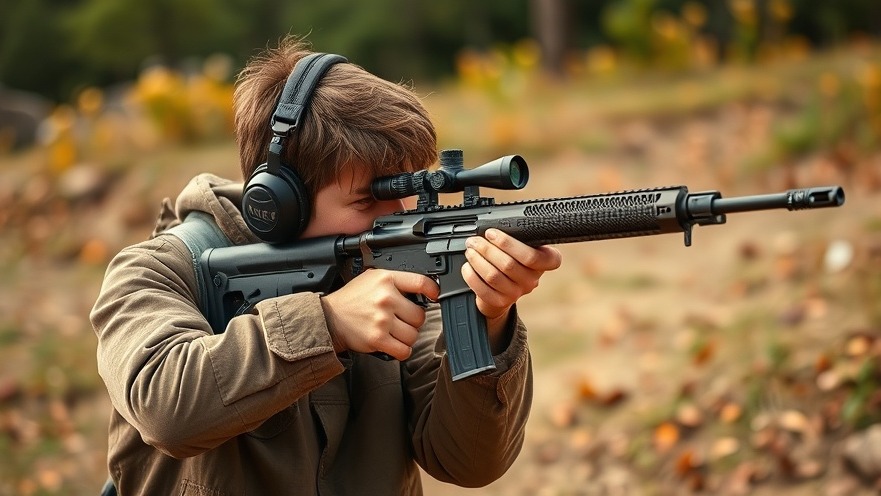
The Growing Divide: Political Tensions in Modern America
In recent weeks, the political climate in the United States has grown increasingly fraught with violence and division. With the assassination of conservative activist Charlie Kirk and subsequent attacks, the country has been forced to confront its fractured social landscape. As leaders navigate this turmoil, one significant question arises: where is the call for unity in the face of such upheaval?
Historical Perspectives on Political Violence
History has often shown us that moments of deep political crisis can lead to extraordinary acts of compassion among adversaries. Take, for example, the landmark visit of Shirley Chisholm to the hospital of George Wallace after an assassination attempt left him paralyzed in 1972. Despite Wallace's troubling past associated with racial segregation, Chisholm's visit conveyed a powerful message of humanity, transcending political boundaries. In contrast, today's leaders seem less inclined to seek moments of grace amidst the chaos.
The Role of Political Rhetoric
Former President Donald Trump has often been criticized for his divisive rhetoric, especially during periods of national crisis. Analysts note that his discourse frequently exacerbates tensions rather than promoting healing and reconciliation. While past leaders like George W. Bush called for unity after events like September 11, Trump’s approach appears focused on amplifying divisions, creating an environment where violence may flourish unchecked.
Facing the Current Political Landscape
The recent killings of public figures underscore an urgent need for leaders to acknowledge their role in shaping the dialogue around political violence. As America grapples with crime rates and shifting political ideologies, the need for constructive communication has never been more pressing. With an election year approaching, concerns about voter safety and the overall political climate loom large. In this context, leaders have a responsibility to promote peace rather than allow fear to dictate their narrative.
Impacts on Society and Future Predictions
The impacts of political violence extend far beyond individual tragedies; they ripple through communities and impact national sentiment. Surveys indicate that Americans are increasingly concerned about the implications of political violence for democracy. As tensions rise, the question remains: can leaders evolve their messaging to foster unity and deter violence? A shift towards promoting civility in political discourse might be essential in reclaiming the faith of American citizens in their political institutions.
A Call to Action for Unity
As political events unfold and tensions mount, it is crucial for American citizens to seek understanding and restoration in their communities. Engaging in dialogue, participating in civic activities, and advocating for peaceful discourse are powerful tools individuals possess to foster unity. The responsibility lies not only with political figures but also with every citizen to engage meaningfully with their democratic processes.
In an era marked by division, the lessons of history remind us that even amidst chaos, hope remains. Let us learn from the past and strive for a future grounded in empathy and collaboration. To help foster narrative changes that encourage unity, consider reaching out to local organizations that promote dialogue and civic engagement.
 Add Element
Add Element  Add Row
Add Row 



Write A Comment